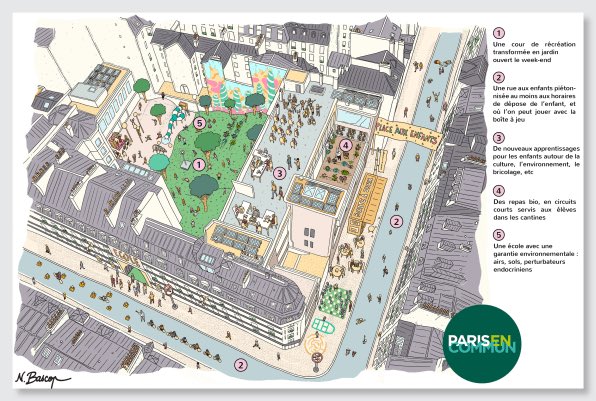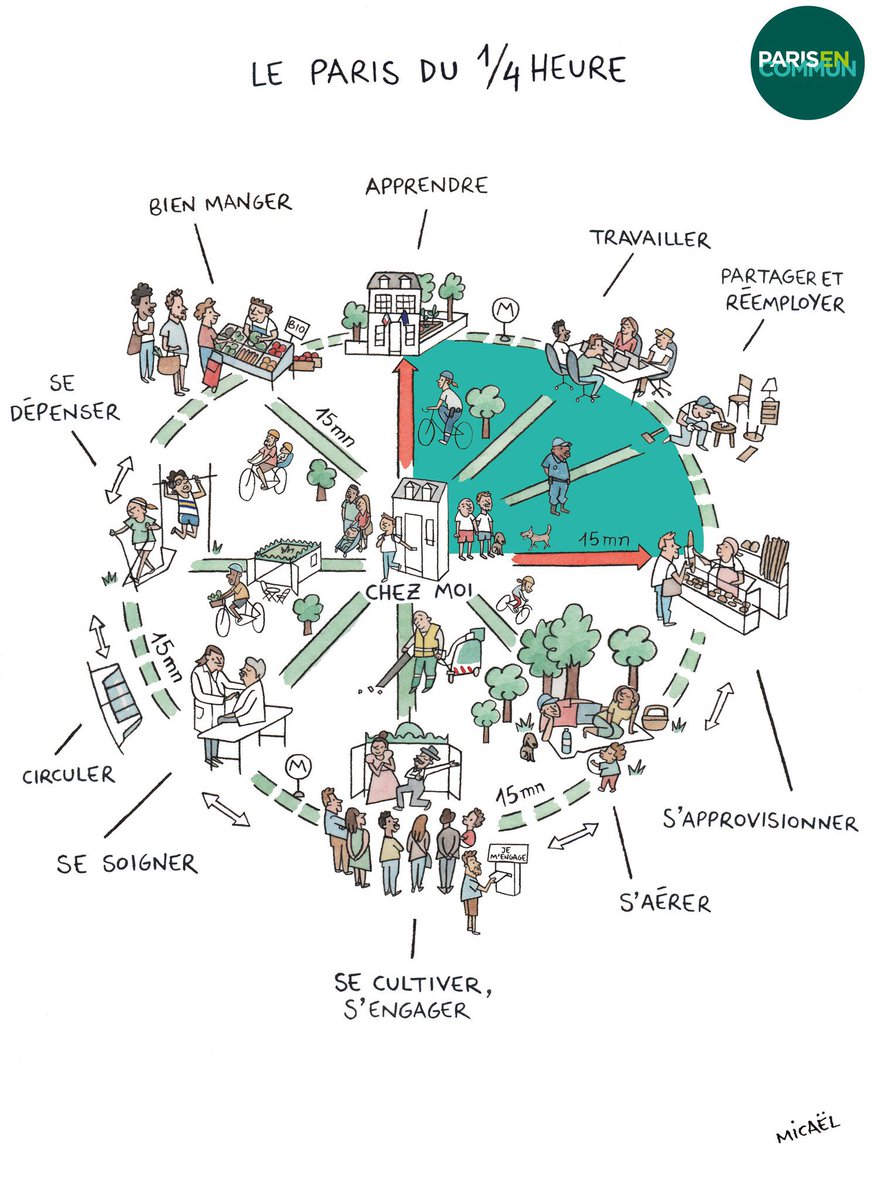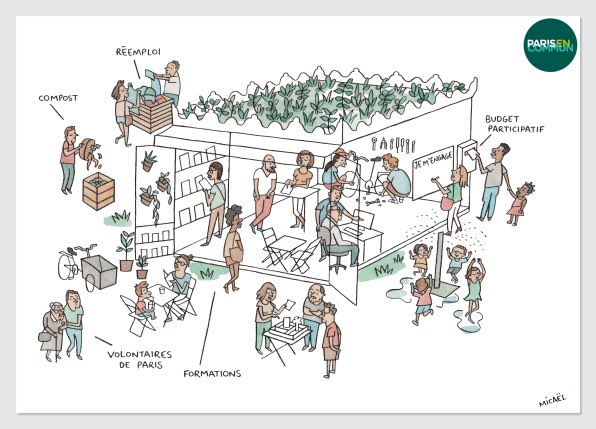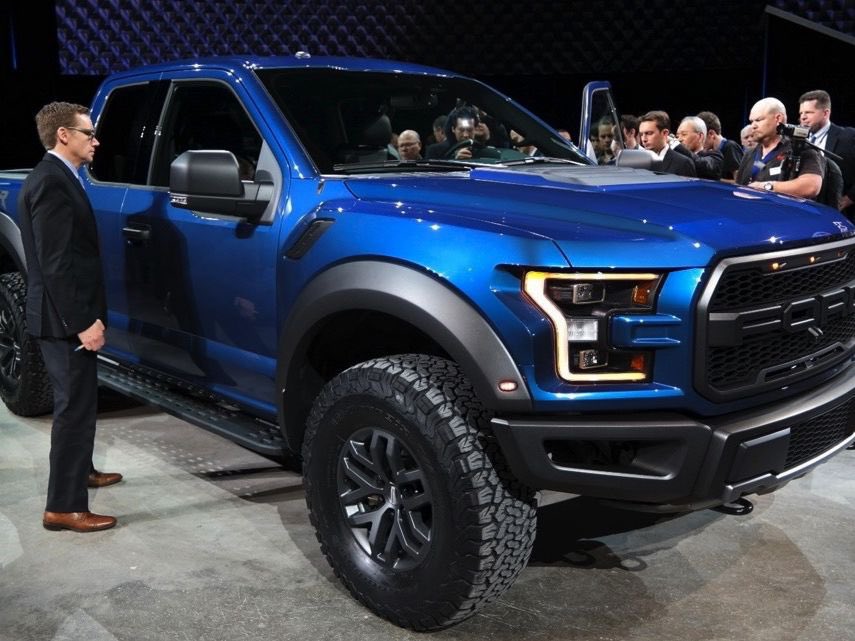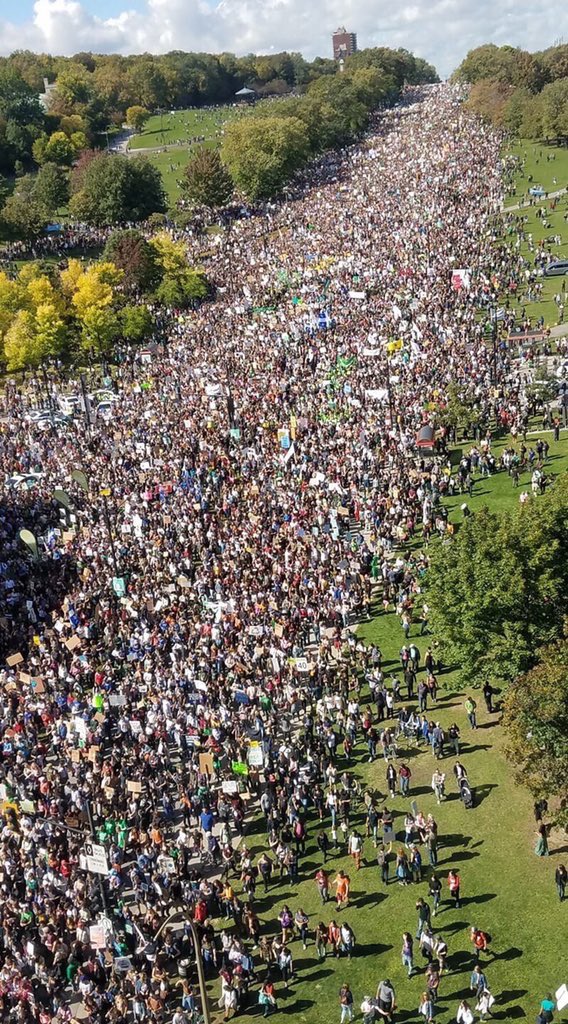
One of the KEY conversations in city-building we too often avoid because we’re accused of “pointing fingers:”
Who REALLY creates single-use, car-dependent suburban sprawl? Is it developers (& their consultants) who build it, or the local governments who allow & even mandate it?
Who REALLY creates single-use, car-dependent suburban sprawl? Is it developers (& their consultants) who build it, or the local governments who allow & even mandate it?
And let’s get this out of the way RIGHT away — It’s NOT “the market” that creates suburban sprawl. It won’t be built if no one builds it, and it won’t be built if no government allows it (and SUBSIDIZES it). And surveys have always shown the “market” wants other, better choices.
So is it developers or local governments that create suburban sprawl?
It’s easy to say “both,” & I’ve seen plenty of examples where this is true. Developers propose it & aggressively lobby for it, & then municipalities lock it into the rules so it’s the only thing that’s legal.
It’s easy to say “both,” & I’ve seen plenty of examples where this is true. Developers propose it & aggressively lobby for it, & then municipalities lock it into the rules so it’s the only thing that’s legal.
But it’s not ALWAYS true that it’s both.
I’ve seen, & worked with, local governments OR developers that are trying to replace car-dependent single use suburban sprawl with something better, & often in such cases I’ve seen local governments OR developers be the barrier to change.
I’ve seen, & worked with, local governments OR developers that are trying to replace car-dependent single use suburban sprawl with something better, & often in such cases I’ve seen local governments OR developers be the barrier to change.
For years I’ve been telling municipal leaders I advise to AT LEAST STOP MANDATING SUBURBAN SPRAWL — even if they chose not to stand in the way of #sprawl-building, STOP MAKING IT THE ONLY LEGAL THING. Put in flexible policy, zoning & infrastructure that allows choices/evolution.
Do other influences fuel sprawl? Of course — federal financial incentives, forces of poverty/affordability, etc, all push growth outward. But outward growth needn’t be low density, single use, car-dependent sprawl. I’m no longer letting the 2 main deciders of sprawl off the hook.
Not all suburban growth is SPRAWL. But too much of it is. Suburban growth IS sprawl if it’s car-dependent, low density, separated & segregated. True transformation of suburban growth NEEDS the 2 primary deciders — local government leaders & land developers, to decide DIFFERENTLY. 

• • •
Missing some Tweet in this thread? You can try to
force a refresh












